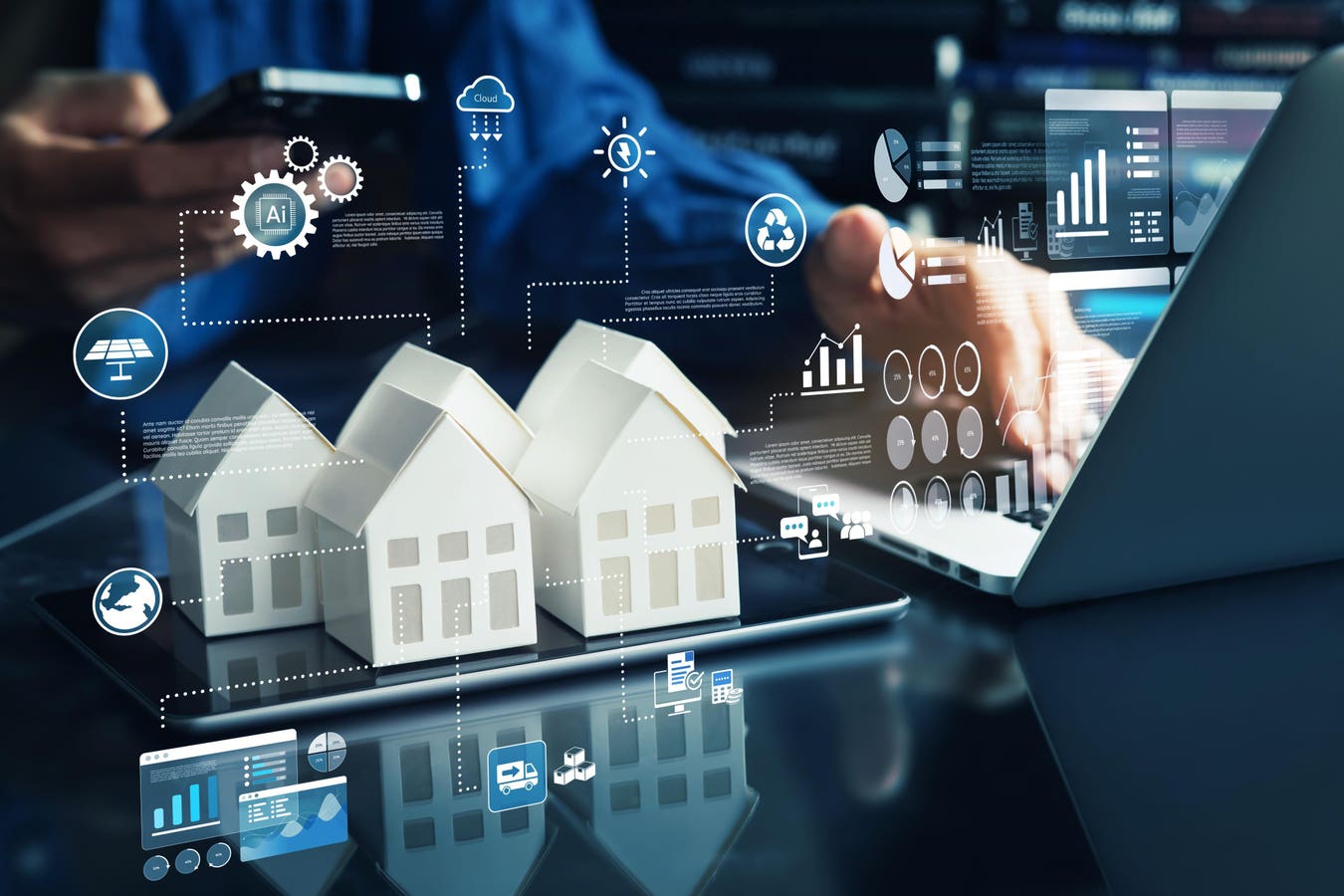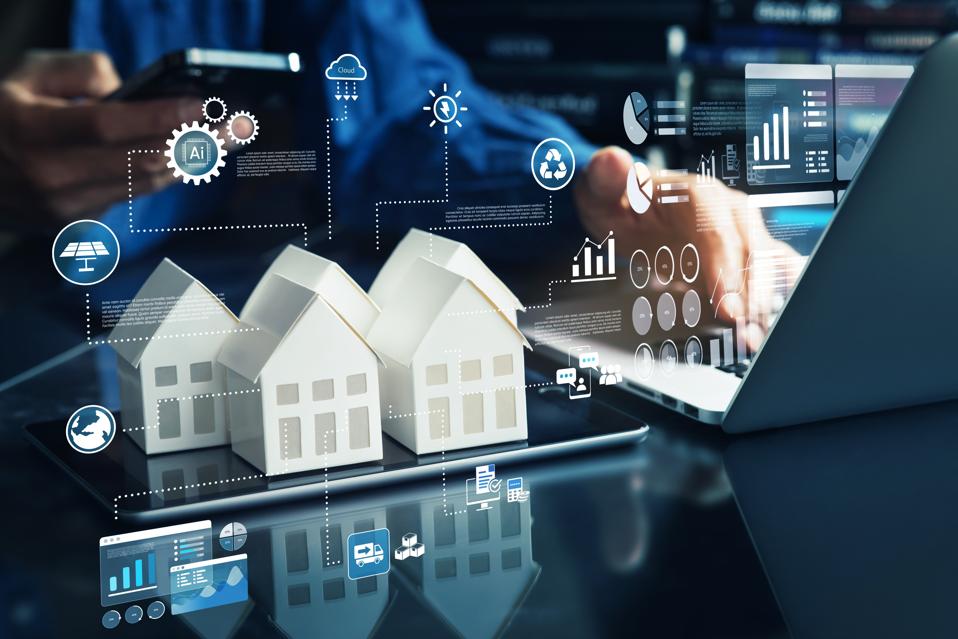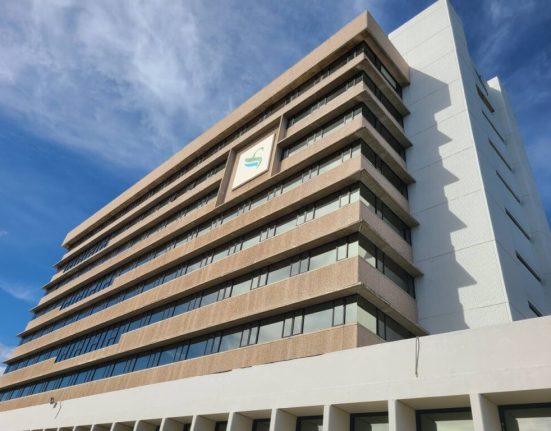John Alexander is the co-founder of Connect IoT, LLC.
After two decades in the construction and technology sectors, I have observed a clear evolution in property management. What was once a reactive field has become increasingly data-driven and proactive. The most significant driver of this shift is the Internet of Things (IoT), especially in multi-family, high-density residential buildings and smart cities. The impact is no longer speculative. It is visible, measurable and accelerating across the industry.
What I have learned through years of working directly with owners, developers and operators is that property management is no longer limited to maintaining physical structures. Today, it involves protecting assets, reducing liability exposure and responding to growing resident expectations for convenience, control and transparency. IoT technologies are becoming indispensable in delivering these outcomes.
Real-World Impact: From Monitoring To Action
Among the most common causes of property loss are undetected water leaks and temperature-related incidents. I have seen properties suffer major water damage simply because a small issue went unnoticed over a weekend. Additionally, I have witnessed significant damage unfold due to improper temperatures. The costs of remediation can be significant, but in many cases, they are preventable.
IoT sensors can help property managers address these issues. For one, these sensors can enable real-time water monitoring, helping property managers track flow rates and detect anomalies such as leaks or excessive usage. Through immediate alerts, property managers can become aware of and address issues promptly before they escalate into serious problems that cause significant operational and financial harm.
Temperature control is another critical area where property managers can benefit from IoT technology. In vacant units or common areas, Wi-Fi-based thermostats are often unreliable due to inconsistent connectivity. This limitation creates blind spots for property managers. Newer systems that communicate through dedicated protocols provide consistent oversight, allowing property managers to maintain safe temperature thresholds regardless of occupancy. Preventing pipe bursts, mold growth or unnecessary HVAC strain is not just about comfort—it is about long-term infrastructure preservation.
Moving From Reactive To Preventive Operations
While IoT technology can help property managers shift to a proactive, rather than reactive, approach, technology alone is only part of the equation. In my experience, the most successful property managers view IoT as a form of infrastructure, rather than merely a luxury. Proper risk management today requires a blend of the right policies, inspections, technology and the ability to act in real time based on available information.
Moreover, property managers should integrate water and temperature monitoring with broader systems, such as access control and fire safety. That way, they can identify problems early and respond quickly, in turn reducing the need for emergency repairs, lowering insurance premiums and improving operational stability. The result? More resilient buildings that operate with greater predictability and efficiency.
The Resident Experience Is Also Evolving
Another trend I have seen emerge is a shift in resident expectations. Today’s residents are more informed and engaged. They expect access to data about their water and energy use, and they want control over their indoor environments.
Modern IoT platforms give residents the ability to view consumption, receive alerts and customize temperature settings. This level of transparency builds trust and encourages responsible usage. More importantly, it supports the broader goals of sustainability, comfort and modern living. These expectations are, I’ve observed, becoming standard in the market, and properties that fall short risk losing competitive value.
Integration, Not Just Innovation
Looking ahead, I believe the future of property management will be shaped not only by the individual capabilities of devices but by how well systems are integrated into daily operations. The successful implementation of IoT does not depend on constant innovation. It depends on intelligent design and strategic alignment with operational goals.
The properties that are best positioned for the next decade are those that leverage technology to simplify workflows, reduce risks and deliver a better resident experience. In my view, adopting IoT is no longer a question of if, but when. For those of us responsible for maintaining the value and performance of residential assets, the time to act is now.
Forbes Technology Council is an invitation-only community for world-class CIOs, CTOs and technology executives. Do I qualify?








